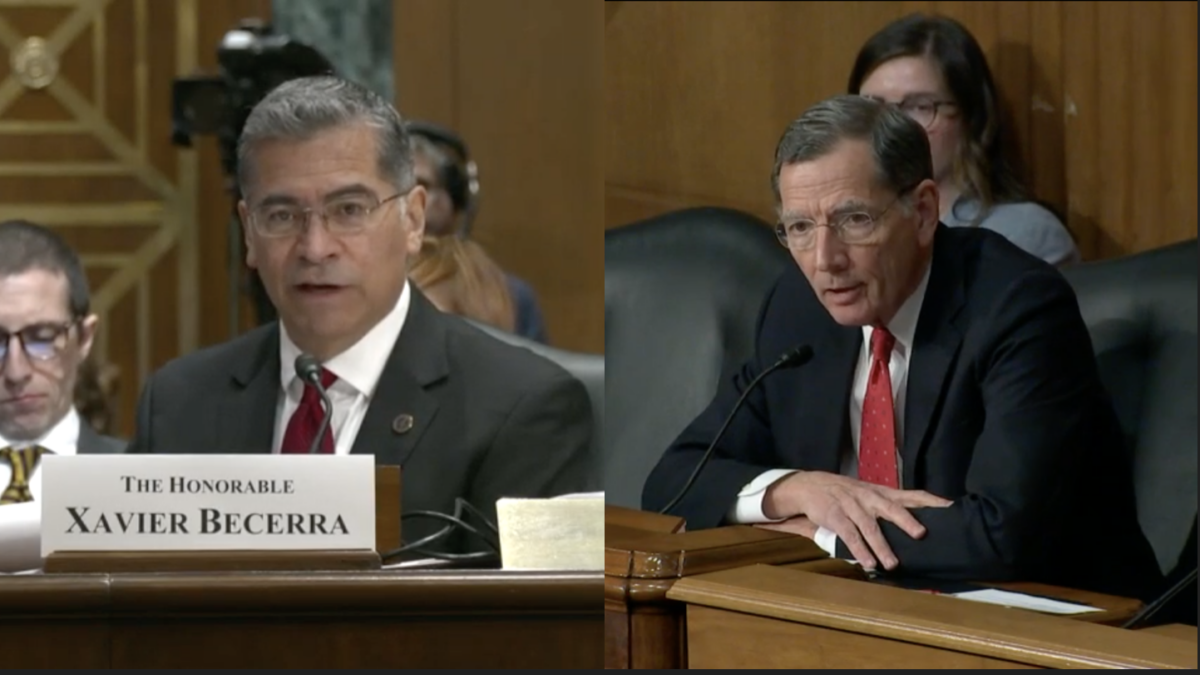The press has essentially ignored statutory and constitutional justifications for Attorney General Jeff Sessions’ recent decision to disallow aliens from using domestic abuse or gang violence as grounds to qualify for asylum.
Headlines on his opinion in Matter of A-B holding that El Salvadoran women cannot use “domestic relationships” to claim asylum characterized Sessions as Satan personified, with ledes such as this one from New York Magazine: “In a brutal confirmation of the Trump administration’s callousness toward the safety or welfare of people fleeing horrible situations and trying to enter the U.S., Attorney General Jeff Sessions ordered immigration judges to stop granting asylum to people who are victims of gang violence or domestic abuse.”
But the truth is, murder is not a federal crime. And being a victim of domestic violence is not a valid ground for asylum. These statements may sound counterintuitive, even appalling, but both rest on solid principles of law.
Take the first. The Constitution does not allow the federal government jurisdiction over garden-variety murder, however horrible it may be. As for the second, the Immigration and Naturalization Act stipulates the conditions on which an alien can qualify for asylum — an alien must show race, religion, nationality, membership of a social group, or a political opinion is the cause of or a central reason for persecution. Domestic violence simply doesn’t fall into any of these categories.
Congress never authorized asylum for people fleeing “horrible situations.”
All Sessions did in Matter of A-B was return some semblance of meaning to the “membership in a particular social group” category by holding that an applicant “must demonstrate: (1) membership in a group, which is composed of members who share a common immutable characteristic, is defined with particularity, and is socially distinct within the society in question; and (2) that membership in the group is a central reason for her persecution.”
Yes, that means that victims of domestic abuse and gang violence will generally not qualify for asylum. But as Judge Harvie Wilkinson of the Fourth Circuit stressed in a similar case, the “asylum statute is not a general hardship statute.”
Congress could make it one if it wants, but that is a question for the legislative branch — not the executive or judicial branches.
As Sessions explained in his detailed opinion, “nothing in the text of the INA supports the suggestion that Congress intended ‘membership in a particular social group’ to be ‘some omnibus catch-all’ for solving every ‘heart-rending situation.’”
Further lost in the mainstream media’s coverage of Sessions’ decision are the unintended consequences flowing from the Obama administration’s decision to open asylum claims to virtually any comers. As Sessions explained in remarks Monday, the Department of Homeland Security conducted more than 5,000 potential asylum claims in 2009. Seven years later, in 2016, that number increased to 94,000. “The number of these aliens placed in immigration court proceedings went from fewer than 4,000 to more than 73,000 by 2016 — nearly a 19-fold increase — overwhelming the system and leaving legitimate claims buried,” he said.
An overwhelmed immigration system benefits no one. The aliens statutorily entitled to asylum need prompt relief to resettle in their new home of America. Aliens not entitled to asylum need prompt resolution so they are not ripped from what they consider their new home a decade later. Sessions’ decision is another step toward returning the rule of law to this country’s immigration system.









